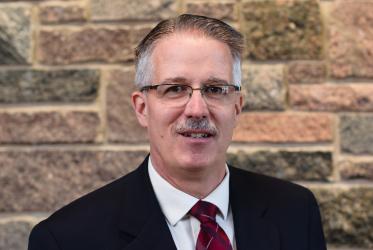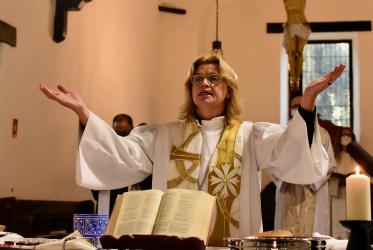Displaying 101 - 120 of 400
HIV and AIDS Civil Society Networks and the Faith Sector
Lessons Learnt from Strategic Engagement in India, Dominican Republic, Indonesia, and Jamaica
31 January 2023
The Ecumenical Legacy of Pope Benedict XVI
31 December 2022
Pandemic and pedagogy: what are the valuable lessons?
21 December 2022
In Chile, “Churches’ ministry of reconciliation is key”
29 November 2022
Dictionary of the Ecumenical Movement (2nd Edition)
28 November 2022
Neddy Astudillo at COP27: “We still have the power to protect life”
18 November 2022
Christian Brooks: “Faith and climate really go hand-in-hand”
14 November 2022



















